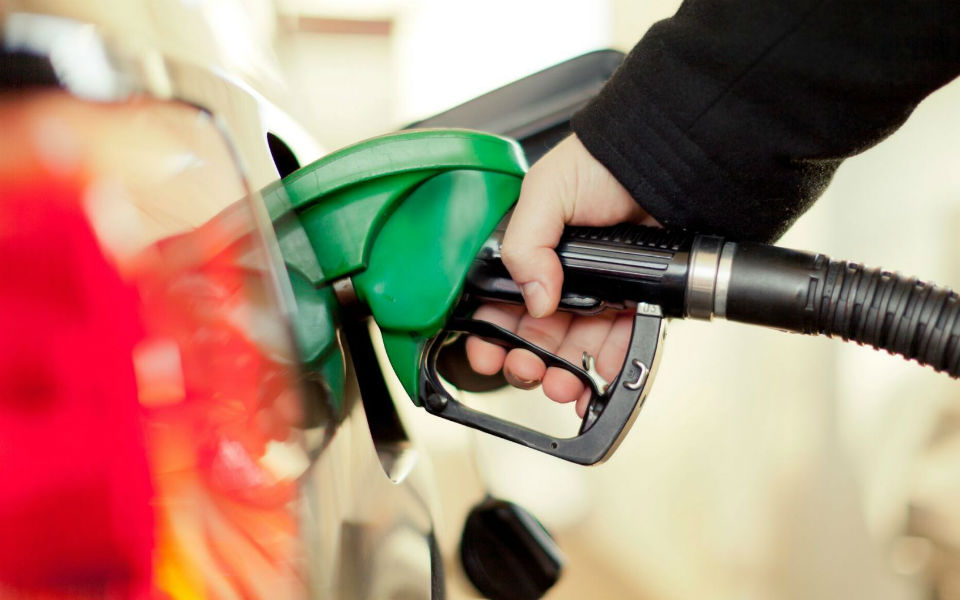Gas stations located in the neighborhood risk a decrease in consumption by between 30% and 40% as consumption flees to Spain. This will be one of the consequences of the increase in the tax burden expected in the State General Budget Law for 2025 (OE2025).
CEO Luis Montenegro intends to end the exemption from the tax on petroleum products (ISP) on advanced biofuels, phase out the carbon tax and end the expiration of the unusual occupational diesel mechanism.
OE2025 expects the ISP to collect 22% of the €4.2 billion carbon tax.
Both oil companies on the national market and sellers warn of the risk of a greater portion of fuel consumption escaping to Spain next year.
“This escape already exists, not only for people in the region, but international transport is already providing supplies in Spain. This has been going on for decades, where there is A more moderate system in terms of taxes in Spain than in Portugal,” he said, adding that on transport routes, there is a professional mechanism for diesel to try to limit this effect.
“Before taxes, prices between the two countries are very equivalent, with even Portugal usually having an advantage. Any worsening will encourage the transfer of consumption from Portugal to Spain. Today the so-called Fuel tourism. “It could get worse,” he added.
The official defended “bilateral talks between the two countries to strengthen financial policies.” The Iberian space is increasingly integrated economically. Spain is the destination for our exports. Since there are different tax burdens between the two countries, this creates a disadvantage for Portuguese economic operators.
Antonio Compredo expects the unfreezing of the carbon tax to remain at the current level, believing that the expected increase in revenues is due to the fact that the OE2025 proposal represents a full year, after the unfreezing last August. “That must be how they did the math.”
It is an issue that must be discussed at the political level between the governments of the two countries. It does not make sense to have completely different tax policies, which penalize Portuguese consumers. He stressed that fuel is an important cost factor in all industries.
Fuel prices have risen for five consecutive weeks, but will fall this week: three cents per liter for diesel, one cent for gasoline, according to data from the Automobile Club of Portugal (ACP).
With this increase, the average price of simple diesel is expected to reach €1,557 per liter, while the price of simple gasoline is expected to reach €1,703 per litre.
Compared to April 1, current prices are down 3.3 cents for diesel and 8.3 cents for gasoline, according to DGEG data.
In turn, the National Association of Fuel Merchants (Anaric) warns of a decline in activity by between 30% and 40%, suggesting that gas stations in the region will suffer.
“With such a big difference” between Portugal and Spain, the decline “could be strong in those areas,” Vice President Joao Santos told JE.
Regarding the expected changes in ISP in OE 2025, he points out that this tax has “immediate and easy application. It is a difficult measure at the general level of the economy. If we compare companies in the same sector on both sides of the border, Portuguese companies have a higher energy cost, By 15% to 20% how will we compete with companies 20/30 kilometers away that have much lower energy costs?
On the other hand, the official also criticizes the fact that the government “withdraws tax benefits from biofuels,” which “discourages their use,” and benefits from electricity. “We call for financial promotion of the use of renewable fuels and hydrogenated vegetable oils, which are already sold in all European countries except Portugal.”
Give an example of Sweden where these fuels have a 100% tax exemption. “We have to encourage people to change their habits and this can be done through tax benefits. With these changes in carbon taxes, we are taking a step back.
The Minister of Environment and Energy warned on Friday that fuel prices would continue to rise.
“The previous government started to dissolve the carbon tax, and now it has been dissolved even more. As long as there is no crisis, the unfreezing will continue. There is a value at which the government can stop… Raise the price.

“Wannabe internet buff. Future teen idol. Hardcore zombie guru. Gamer. Avid creator. Entrepreneur. Bacon ninja.”

